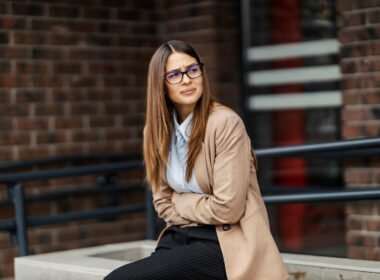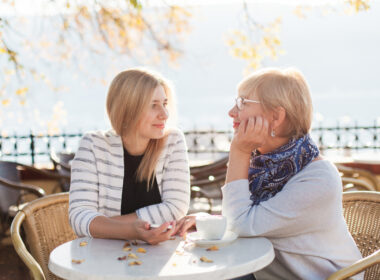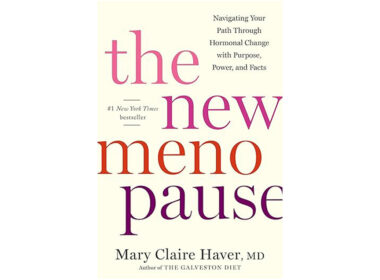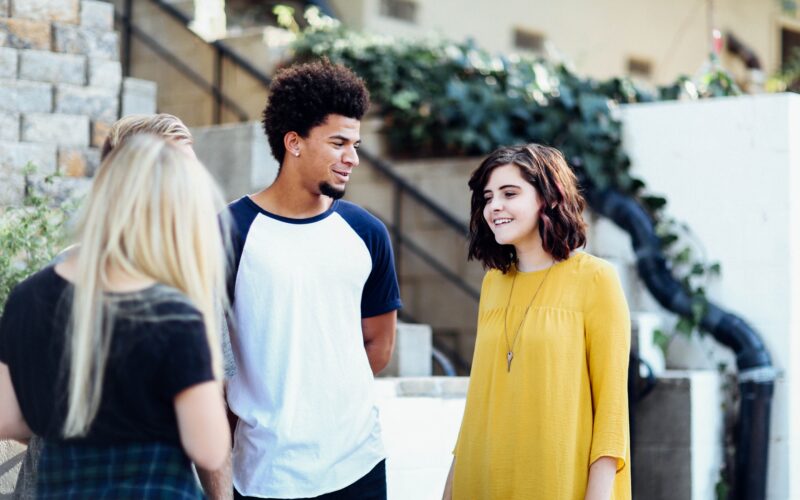“There has never been more information about fertility available, and yet it has never been harder to get clear, evidence-based answers to questions on the subject . . . It is this confusion that led to calls for better fertility education for young people, and last month it was announced that it was set to be part of the curriculum in schools in England.”
In a new article in Raconteur, a London-based publisher, journalist Kate Brian raises some very good points about the need for fertility education in our schools today. As the article explains, many men and women are delaying starting a family, only to realize later in life when they want to conceive that their fertility has started to decline. In their basic sex education in school, kids today, by and large, are not how to understand their fertility or how it works.
One woman, Lesley Pyne, did not start trying to conceive with her husband until she was 35, wholly unaware that her fertility was already in a state of decline. As she shares, “I really wish there had been more education about fertility and treatment at the time. I assumed IVF offered solutions and had no idea how rapidly my fertility was declining by the time we started trying. I feel offering more information about fertility to young women will help them to make informed choices for the future.”
The article notes that including fertility education (more than the standard sex education) can truly save couples disappointment later on in life by helping them prepare for their future fertility from a young age.
The problem with the current education model is that it simply teaches students how to avoid pregnancy. Rarely does it teach them about their current and future fertility and how they can properly care for their reproductive health both now and later on in life. Kate Brian explains, “Knowing how to prevent pregnancy is only one side of the picture . . . and most young people know very little about what may influence their future fertility.”
A Better Way Forward
We owe it to teens to inform them about the reality of their reproductive systems as a part of sex education. Natural Womanhood cofounder Anna Migeon describes how teens’ exposure to fertility awareness through programs like TeenSTAR can assist in emotional regulation, self-knowledge, and self-control.
If schools truly want to teach students about fertility awareness, including how to care for their overall body health and how their fertility will change with age, they should adopt a better system for fertility education. Kate Brian cites a project called Modern Families, which “aims to use the power of the arts to increase fertility awareness among young people and to help them develop understanding of their own fertility, modern family-making and reproductive science.”
In short, teachers need to be equipped with “accurate and inspiring materials” to share with their students and ensure that they have all the information they need to properly understand their fertility, helping them to have “the best chance of creating the families they want in the future.”
Resources for teen fertility awareness education
The Couple to Couple League realizes that mothers are in a special position to engage their daughters about the gift of their fertility. Their Mother / Daughter program lets you choose the resources you feel would be the best to communicate with your daughter about fertility awareness.
Teen STAR is a developmental curriculum founded by Hanna Klaus, MD (Sr. Miriam Paul , MMS) that helps adolescents and young adults to come to terms with their emerging sexuality and fertility and assist them in making responsible decisions.
The Cycle Show is an educational, interactive, multi-media, fertility awareness workshop for young girls.
The FEMM App helps girls understand their reproductive health in all its physical and emotional complexity.







